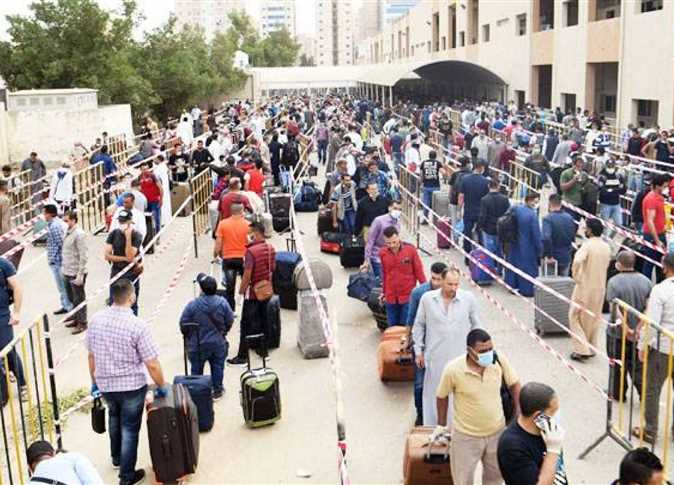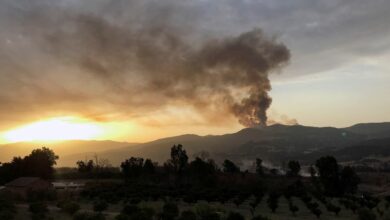Minister of Foreign Affairs Mohamed Kamel Amr on Wednesday evening said that Egypt received a formal apology from the Israeli Ministry of Defense for killing six soldiers during an Israeli incursion into Sinai in August.
The Egyptian security personnel were killed during an Israeli raid on militants along the Egyptia-Israeli border. At the time, Israel’s military was chasing militants along the border of Egypt’s Red Sea resort of Taba in South Sinai.
Israel said the attackers infiltrated from the Hamas-run Gaza Strip via Egypt’s Sinai desert, despite stepped-up efforts by Egyptian security forces to rein in Palestinian and Islamist radicals in recent weeks.
Amr pointed out that Egypt received a formal letter issued by the Israeli Ministry of Defense in which Tel Aviv sent its “apologies and deep regrets.” The ministry also sent out condolences to the families of the victims who were killed by Israeli fire that day.
Amr said the move by the Israelis came in response to the demand made by the Egyptian ministerial committee, which was formed to follow up on the incident and its aftermath.
Israel previously refused to officially apologize for the killing of five Egyptian policemen.
Sinai forms a huge, sparsely populated desert between Egypt and Israel, which sealed an historic peace treaty in 1979 after numerous wars.
The terms of the Camp David accords signed by Egypt and Israel in 1978 help explain why it is difficult to police Egypt’s borders and maintain control in Sinai, where well-armed Bedouin occasionally clash with security forces.
The accords, agreed by former Egyptian President Anwar Sadat and Israeli Prime Minister Menachem Begin, demilitarized central Sinai and only allowed Egypt to deploy a small number of lightly armed border guards in the peninsula.
After Israel pulled out of Gaza in 2005, Egypt proposed raising the number to 3500 to help it secure its border with the Gaza Strip. Israel refused, citing security concerns.
Translated from the Arabic Edition




